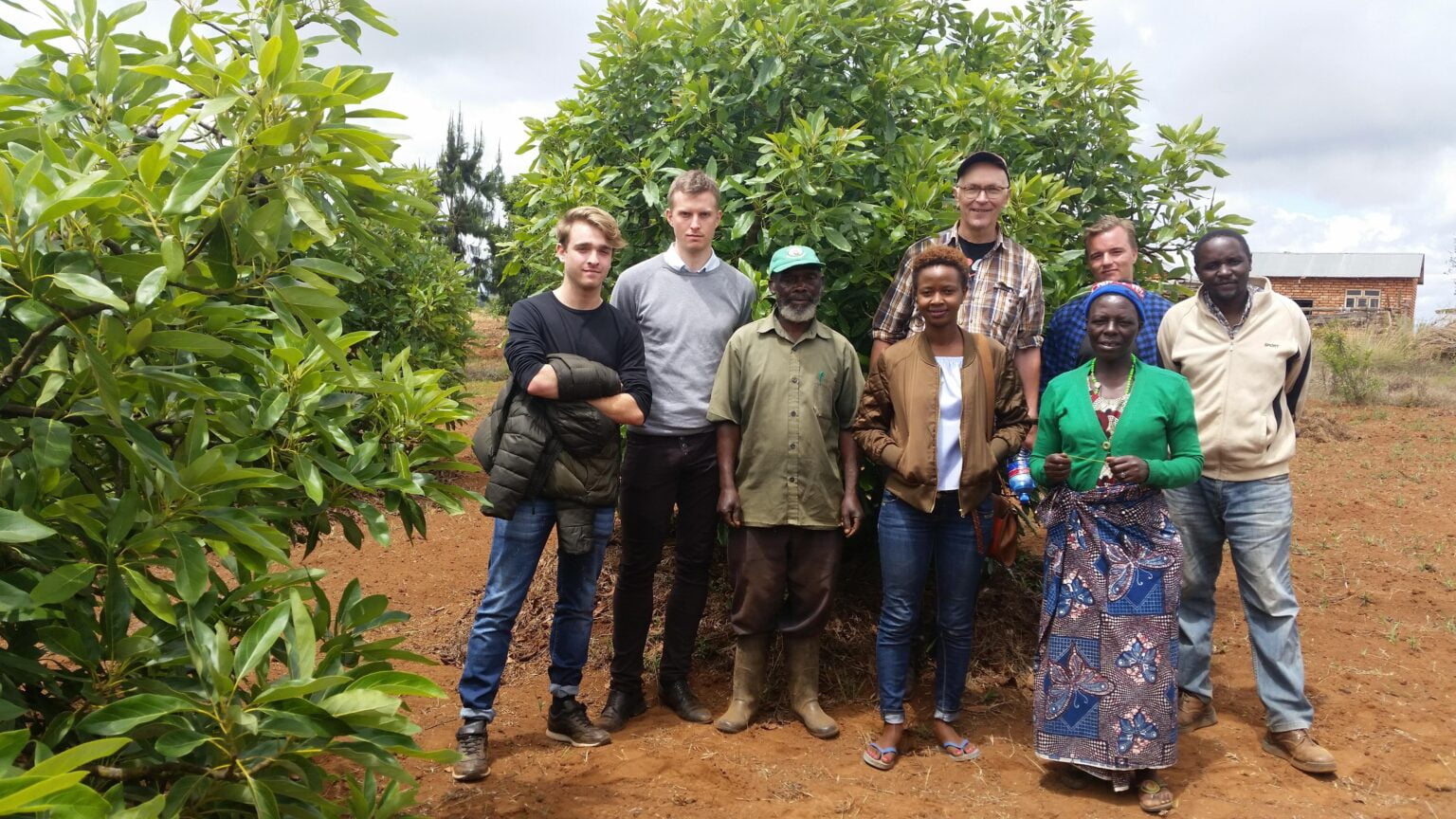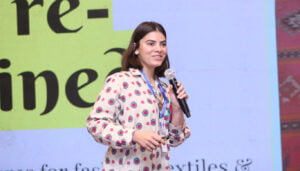Perunamestarit is conquering the East-African potato and avocado markets

The company from Ostrobothnia established a foothold in Tanzania through a cooperative development project. Instead of the projects, Perunamestarit and Eero Pisilä want to improve the value chain in the agricultural segment.
Decades of working with potatoes has given Eero Pisilä, the Managing Director of Perunamestarit, close relationships with the universities in Finland and the Finnish Natural Resource Institute.
One day in 2010, a familiar academic professor, Jari Valkonen, contacted him. There was no programme for healthy seed potato production in Tanzania, unlike in other African countries, Valkonen said.
After various phases, the cooperation with the Ministry for Foreign Affairs of Finland began: the Seed Potato Development Project was born. People were trained, a micropropagation laboratory was equipped and greenhouses were built.
The Finnish economy was not doing so great when the three-year project ended, so the development cooperation was scaled back. Funding was not continued for the potato project. However, the relationships had been created in Tanzania and the work seemed to only be getting started, so Pisilä decided to stay. The Finnpartnership programme funded by the Ministry for Foreign Affairs of Finland initially provided support, which allowed the small company to take the leap over the threshold for getting started. As the project progressed, Pisilä had also begun to believe that more was needed than just a project for seed potatoes: a focus was needed on the entire value chain.
“We must be able to create a functional value chain where the seller of the seed potato receives money for selling potatoes. We need a chain where every link of the chain receives a benefit from the previous link and the money flows backward in the chain. If this economic process can’t be made to work, all efforts are in vain”, Pisilä states.
Research ongoing
The local company was registered early in 2017 and now Perunamestarit is going through trials and pilot projects in Tanzania. The research studies which potato cultivars are effective and what type of production potential is possible with potatoes planted at different times. In the 2017 summer, a trial was made where the entire harvest was cultivated during the dry season, which required a lot of irrigation.
“If we want a year-round potato supply, we are now studying how much can be covered through cultivation and irrigation, and how much through developing cold storage, for example”, Pisilä says.
Tanzania has ten times more potato fields than Finland. For long, the potato was the only way for small farms to survive, but in 2017 the Tanzanian government decided to officially begin promoting the use of potato as food.
According to Pisilä, an efficient market should be established.
“There are a total of approximately 400 million people in Tanzania and the neighbouring countries. The only network consists of these small intermediaries driving with small lorries and buying the potatoes”, Pisilä says.
“They may need potatoes somewhere, but the need is not known at the production areas. If they had effective networks with the neighbouring countries, we could create a situation where a phone call could result in 25 tonnes of sorted potatoes embarking toward the sales location the next day. We could organise logistic flows from production to the areas that need potatoes and also reduce spoilage by developing storage practices.”
That is the key concept Perunamestarit has in Tanzania.
The secret of the potato business: sociology
Pisilä has a Finnish project manager on location, but he assigns a lot of value to the subordinate managers, who are both local sociologists. They are vitally important as interpreters of culture, society and language, Pisilä highlights. For example, he has learned about the different emphases of Tanzanian society.
“The starting point is that there is no social security, so family is important. An employee may say that a cousin or aunt needs something, so they are unable to come to work. The next circle is often the church community, which is a part of the support network. When problems occur, people may call someone who attends the same church. Then there is a tribe level. If you are building an organisation, tribes may be exclusive factors – someone may say that the characteristics of this tribe are such that we will need to further consider if they can be included at all.”
And then there’s witchcraft.
On the village level and when running the business, Pisilä “surprisingly often” encounters the belief that someone is attempting to affect activities through witchcraft. In nearly all countries in Sub-Saharan Africa, the traditional belief in ancestors, folk medicine and also witchcraft is still strong. Doctors also often visit healers and vice versa. This traditional way of thinking is deeply ingrained in the culture and the religious thinking of the people. If you want to operate in Africa, you should not overlook or mock matters of faith.
Trust must be established and it is often based on the individual being backed by the community, whether it be the family, church, tribe or something else.
First official organic avocados
In addition to potatoes, Tanzania offered Pisilä the opportunity to enter a new area: avocados. They flourish in the same areas as potatoes and the crops are ready for harvesting at different times than in Mexico and Spain, the origin of a majority of Europe’s avocados.
He was able to get an organic certification for producers, the first in Tanzania. The avocados are also linked to Pisilä’s approach to production chains and linking rural areas to the monetary economy.
“We could generate income for small farmers in the villages by opening up export markets to the EU”, Pisilä envisions.
Negotiating certifications and opening EU doors is maybe easier for a Finnish agriculture expert – but the avocados are produced by Tanzanians.
Source: Pasi Nokelainen & Esa Salminen: Afrikan Valloittajat (Avain kustannus 2018)
Share on social media


